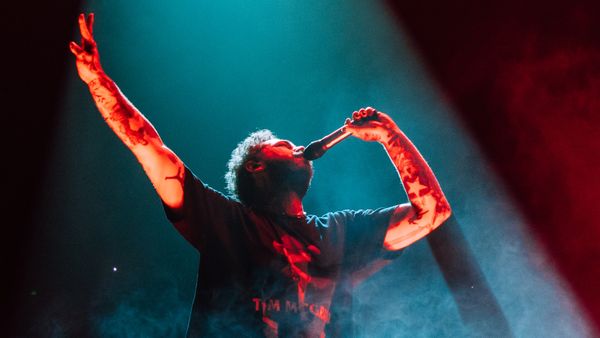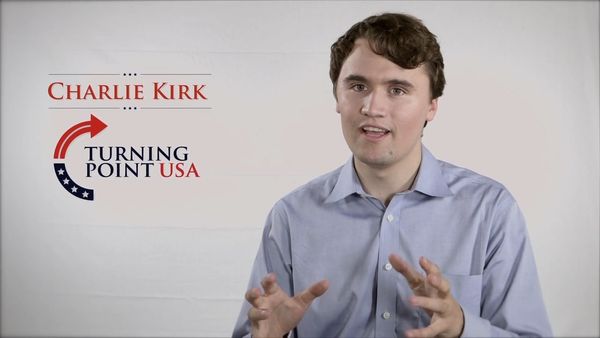Whether it's because of a "politically correct" culture, heightened sensitivity, or increased entitlement to one's opinion, it's become much harder for professional comedians to tell "offensive" jokes. I included quotations since subjectivity plays a role in what is deemed as offensive. We've seen it happen with comedians like Kevin Hart, Dave Chapelle, and Bill Burr, who have faced backlash over jokes that offended people.
While determining what's "offensive" is subjective, there are specific topics that usually get comedians in the most trouble. These topics include racism, sexism, rape, death, and similar topics.
Now, it's my opinion that professional comedians should be allowed to make jokes about any subject. I believe that a comedian's job is to take uncomfortable, mundane, and depressing subject matter and create something that can be laughed at. The late, great Robin Williams echoed this sentiment when he said, "The world is open for play, that everything and everybody is mockable in a wonderful way."
I'm not suggesting that every comedian will be perfect when it comes to telling "offensive" jokes. However, this idea of imperfection pertains to every profession. Not every chef makes a Michelin-star meal. Not every author is a New York Times Bestseller. Similarly, not every comedian can masterfully handle these topics. Despite this inherent imperfection, we shouldn't stop them from trying.
While I'm steady on my stance about comedians being able to address controversial topics, what about everyday people? I would argue that non-comedians should be able to tell these types of jokes, too.
When comedians make controversial jokes, more often than not, I believe that they are trying to take an uncomfortable topic and make it humorous. In the same way, when a non-comedian makes a joke about something "offensive," I think that it's with the same intention. Thus, if their goals are the same, shouldn't it be OK? Now, I'm not discrediting the fact that some people use their words to be malicious or hateful. If anyone is trying to do that, then it is no longer a joke.
Some might argue that only comedians should make these jokes since the quality of a comedian's joke will probably be higher. I acknowledge this possibility since professional comedians tell jokes for a living. However, I could argue that a non-comedian can make a joke just as funny. I'm sure we've all heard jokes from our friends or family that have made us laugh harder than ones from a comedy special.
With that said, I don't think that the quality of a joke should restrict non-comedians and comedians. Why? Like I mentioned before, even professional comedians have bad jokes or ones of lower quality from their peers. If someone's joke isn't funny, that doesn't mean that they should be shut down from even trying. If some guy at a park and Stephen Curry during a game both missed a three-pointer, I don't think we would prohibit either of them from playing basketball ever again.
I realize that within any discussion, there is nuance. There are unwritten boundaries when it comes to the appropriate environment and timing for telling a joke. It's not just for "offensive" jokes, but any joke. For instance, I don't think jokes are always appropriate in professional settings, in academic settings, and more. I don't have the answers to when it's appropriate, but I think that, with anything, there's going to be a lot of trial and error involved in figuring this out.
You might be wondering why I would venture into an issue with so much "gray area." Moreover, why does it even matter? Firstly, I think comedy does more benefit than harm by trying to bring joy into the world. I also believe that it creates a culture of increased acceptance instead of scrutiny. Recently, it feels like we are under constant investigation by those around us.
Whether it be a joke, a misunderstanding, or an opinion, it seems like we are always at risk of offending someone and getting in trouble. We are prone to knee-jerk reactions and biases instead of trying to understand one another. I think that by creating an accepting culture through comedy, hopefully, we can change this.





















